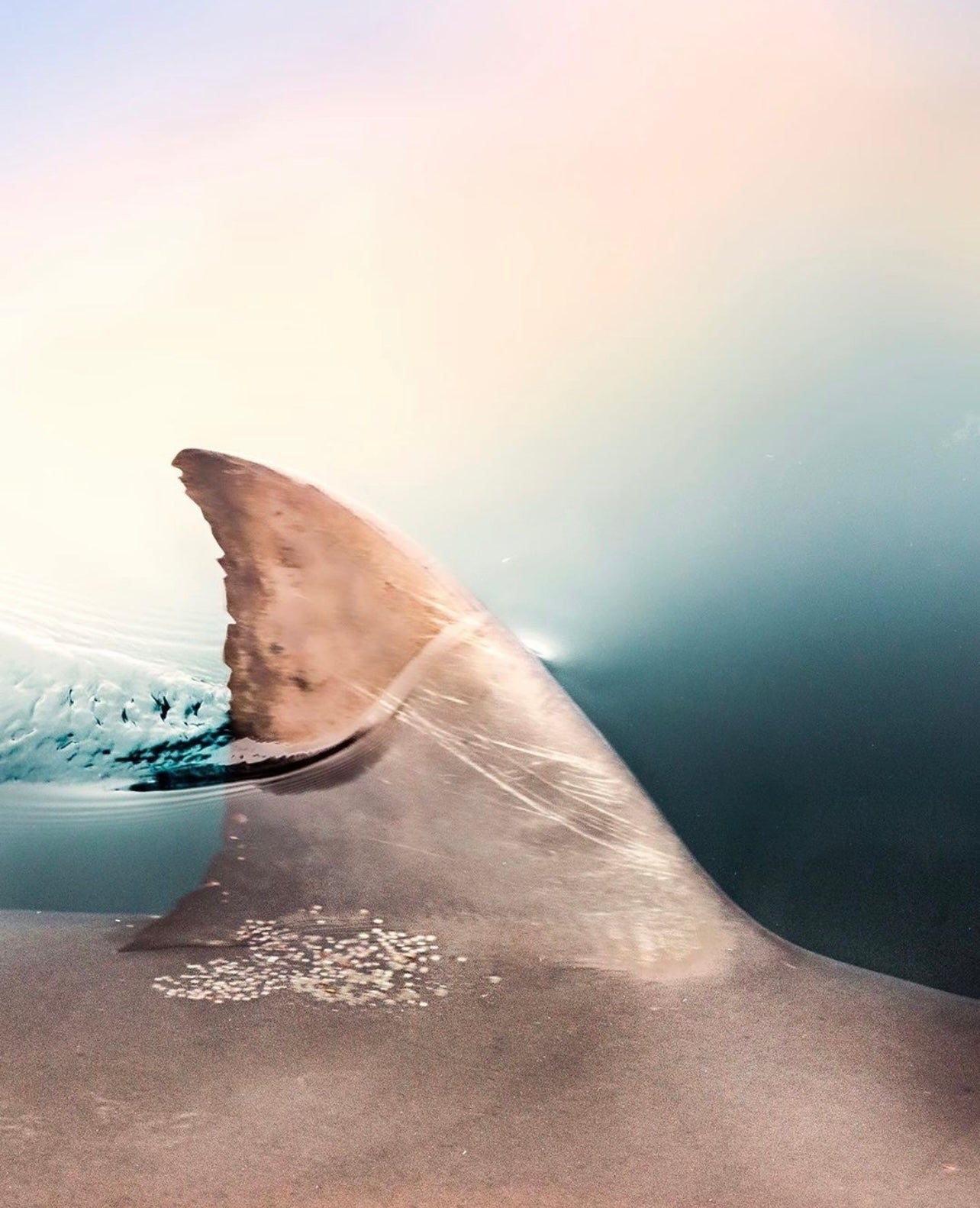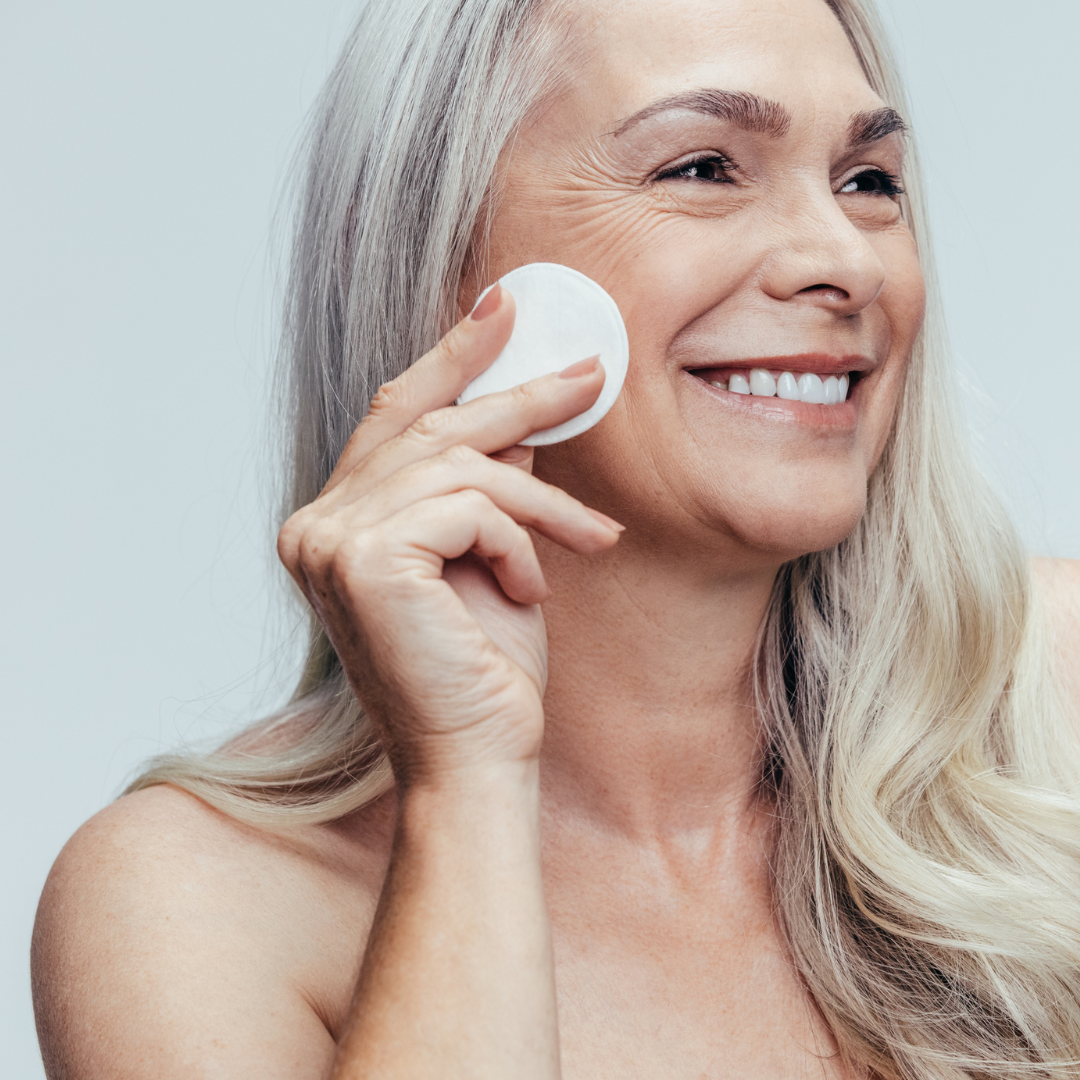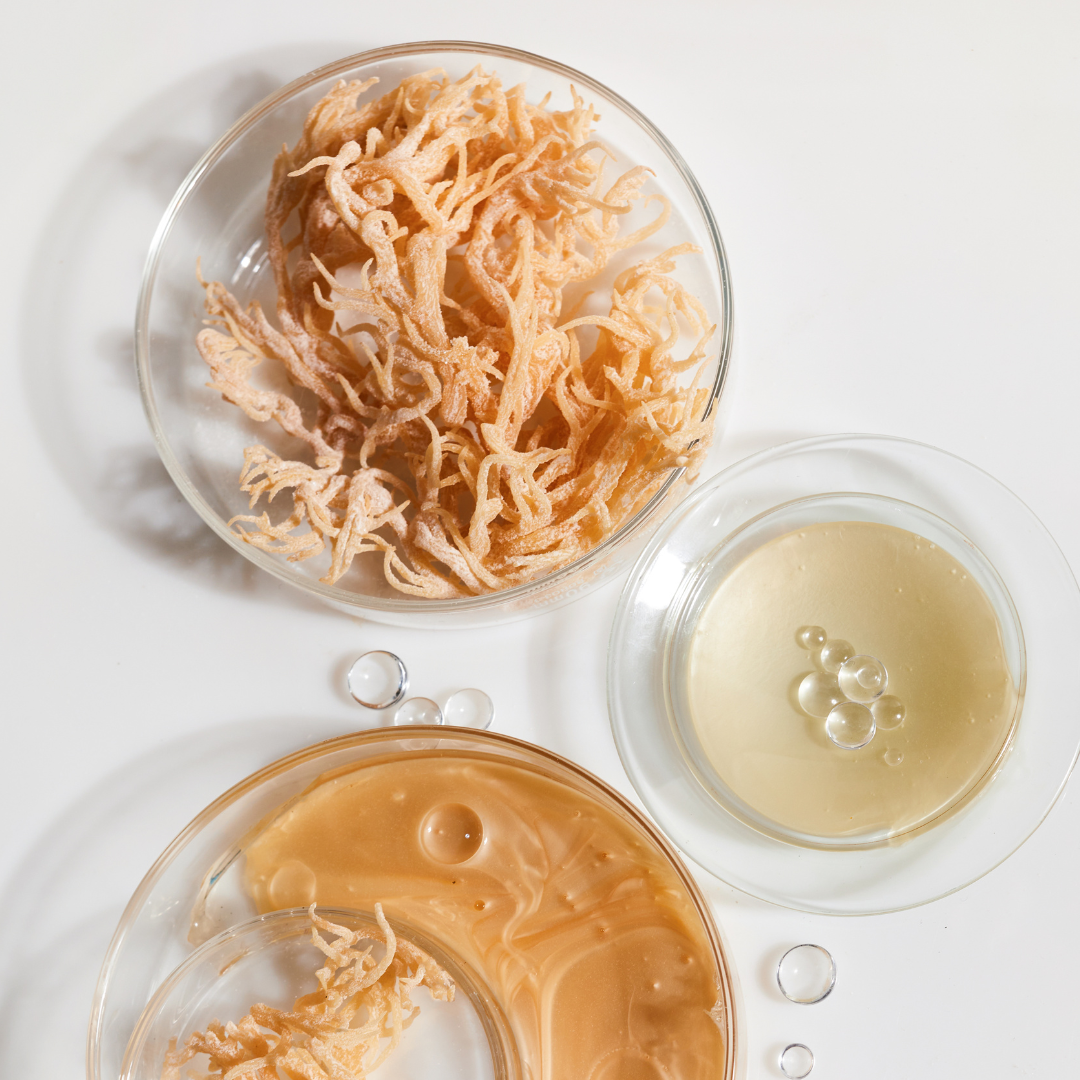It’s shark week! And we can’t get enough of it. These fascinating creatures bring so much to our eco system and it’s important that we protect that. As a beauty company we see the impact we can have on the ocean and its life.
Did you know a popular cosmetic ingredient Squalene is derived from Shark Livers. That’s right, this oil is super popular for its emollient and moisturizing abilities and is found in just about any type of cosmetic; lipsticks, foundations, eyeshadow, moisturizers, sunscreens, and lip balms.
Luckily there are other natural sources for squalene these days. Don’t get these confused, squalene that comes from sharks is spelled SqualEne and the squalene derived from plant sources is spelled SqualAne. Unfortunately, even with the discovery of plant sourced squalene there is still a huge demand and use of shark squalene in the cosmetic industry.
More than 60 shark species are fished for their liver oil, 26 of which are listed on the IUCN Red list as Vulnerable to Extinction. The most sought after are deep sea sharks because their liver can make up 20% of their body weight. These deep-sea sharks are already subject to overfishing and scientists have concluded they should not be caught at all.
Squalane is a natural occurring component of human sebum and is a key building block of certain hormones and other substances. Your bloodstream carries it throughout your body with much of it going to your skin.
The antioxidants in squalene oils fight skin damage and free radicals, which can both slow the aging process. It’s an excellent alternative if other oils are too heavy or greasy for your skin. Despite being an oil, it’s lightweight and noncomedogenic, meaning it won’t clog your pores. It does penetrate pores and improve skin at the cellular level, but it doesn’t feel heavy on the skin.
Here are Coral Skin Co. we only use the squalane that is derived from sugar cane. sugarcane is an amazingly sustainable source of squalane. Irrigating sugarcane crops isn’t necessary because of the abundant rain in Brazil, and the crops are grown on established farmland far from the Amazon rainforest (we’ve got a zero-tolerance policy for deforestation). And because sugarcane grows so readily, there’s a steady supply of squalane from year to year.
It's time to bring awareness to this ingredient and shed some light on the dangers to the shark population this ingredient can bring. Always check the source of squalane/squalene that is in your products.


